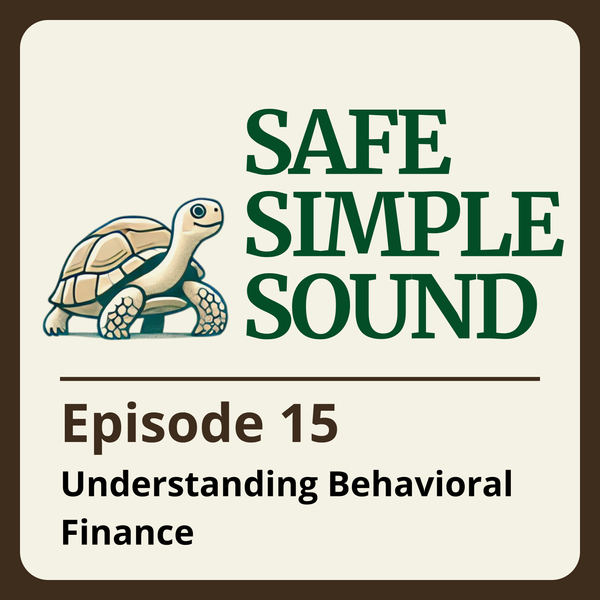Basic Estate Planning Documents: Your Foundation for Financial Security
Introduction
At SafeSimpleSound, we believe that a solid estate plan is the cornerstone of financial security. In alignment with our SECURED beliefs—particularly, Seizing Financial Control and Creating a Financial Safety Net—this post will help you understand the essential documents in estate planning and how they ensure that your wishes are honored while protecting your loved ones. Whether you're beginning your estate planning journey or looking to refine your current plan, it's crucial to have the right legal framework in place.
Opening Questions
- Why is it important to have a will, even if you think your family will divide your assets fairly?
- How do powers of attorney protect you in the event of incapacity?
- What are the limitations of a will, and how can you plan around them?
Essential Documents for Estate Planning
When you plan for the future, a series of documents ensures that your estate will be handled according to your wishes and protects your loved ones. These include:
1. Wills
- A will allows you to control the distribution of your assets after your death, designating beneficiaries and naming an executor to manage your estate. Without a will, the state decides how your assets are divided through the intestacy process, which may not align with your desires.
Advantages:
- You choose who inherits your assets.
- You can appoint guardians for minor children.
- You can reduce the estate tax burden.
Disadvantages:
- A will does not bypass probate, meaning the process may be time-consuming and costly.
- It can be contested by disinherited parties.
2. Powers of Attorney
- Powers of Attorney grant someone else the legal authority to manage your affairs if you become incapacitated. There are two primary types: General Powers of Attorney for financial matters and Durable Powers of Attorney for Health Care for medical decisions.
Advantages:
- Provides legal authority to a trusted individual to make financial or healthcare decisions.
- Avoids the need to go to court for a guardianship appointment.
Disadvantages:
- If misused, this power can lead to financial abuse.
3. Living Wills / Advance Medical Directives
- A living will outlines your wishes regarding life-sustaining treatment. It's used when you are unable to communicate, ensuring that your healthcare preferences are followed.
Advantages:
- Provides clarity to healthcare providers and family during a difficult time.
- Reduces conflicts about medical treatment decisions.
Disadvantages:
- Not every situation may be covered by a living will.
4. Side Letters of Instruction
- While not legally binding, these letters provide additional guidance on how personal items or wishes should be handled.
Advantages:
- Gives non-legal direction on sentimental or personal items.
Disadvantages:
- No legal weight if challenged.
Avoiding Common Pitfalls
While these documents form the basis of your estate plan, there are risks if they are not drafted or executed properly. Without the right estate plan:
- Family disputes may arise.
- Legal delays and extra costs through probate can consume significant portions of your estate.
- Your intentions may not be honored.
Answering the Opening Questions
- Why is it important to have a will, even if you think your family will divide your assets fairly? Without a will, state intestacy laws decide how your estate is distributed, which can result in unintended outcomes. A will ensures that your wishes are followed, reducing potential disputes and costs.
- How do powers of attorney protect you in the event of incapacity? Powers of attorney allow a trusted person to make decisions on your behalf if you're unable to do so. This protects your financial assets and healthcare preferences from being mismanaged or neglected during times of incapacitation.
- What are the limitations of a will, and how can you plan around them? A will does not avoid probate, and it can be contested. By incorporating trusts, joint ownership, or beneficiary designations, you can bypass probate and provide additional protection against challenges.
Conclusion
Having a well-rounded estate plan is not just about having a will—it’s about securing your financial future and ensuring your loved ones are protected. At SafeSimpleSound, we emphasize the importance of Creating a Financial Safety Net and Seizing Financial Control as essential steps in building a secure legacy.
If this resonates with you, take the next step today. Let us help you draft a solid estate plan that ensures your wishes are honored and your family is protected. Our safe, simple, and sound approach is designed to help you navigate the complexities of estate planning with confidence.

